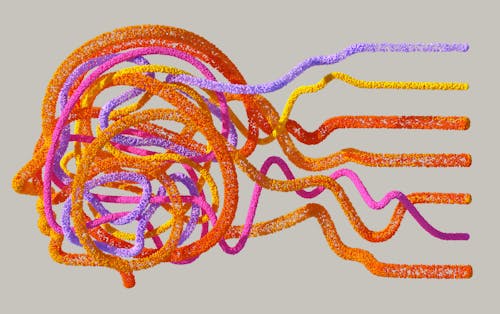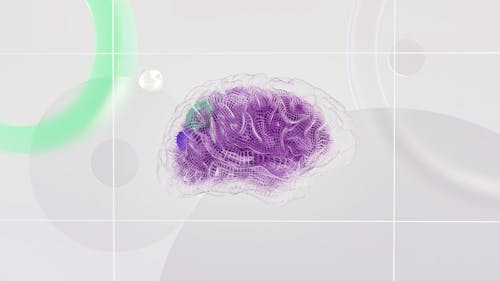Neuralink, a company spearheaded by Elon Musk, recently showcased a groundbreaking milestone in neurotechnology as their first brain-chip patient demonstrated remarkable abilities. In a nine-minute video released by Neuralink, the patient, identified as Noland Arbaugh, 29, who had been paralyzed below the shoulders due to a diving accident, showcased his ability to control a computer cursor using only his thoughts. Arbaugh, previously undisclosed, was revealed to have received the implant from Neuralink in January.

The video captures Arbaugh engaging in activities like playing chess and even turning off the laptop’s music solely through his mind commands. Elon Musk had hinted at this development, mentioning that Arbaugh could control a computer mouse with his thoughts during a previous announcement.
In the video stream hosted on Musk’s social media platform X, Arbaugh expressed his gratitude, highlighting the life-changing impact of the technology. He described the implant procedure as straightforward, emphasizing his swift recovery, and dispelled concerns about cognitive impairment.
Acknowledging the transformative potential of the technology, Arbaugh also highlighted its imperfections and the ongoing need for further refinement. He emphasized that while the journey is ongoing, the technology has already significantly enhanced his quality of life.

Arbaugh detailed the training process he underwent post-implantation, describing how he seamlessly transitioned to controlling the computer cursor through thought. He likened the experience to using “The Force” from Star Wars, illustrating the intuitive nature of his newfound abilities.
The video serves as a testament to the rapid advancements in neurotechnology and the profound impact it can have on individuals with disabilities. Arbaugh’s journey exemplifies the potential of brain-chip technology to revolutionize communication and interaction for those with limited mobility, paving the way for future developments in the field.












Discussion about this post